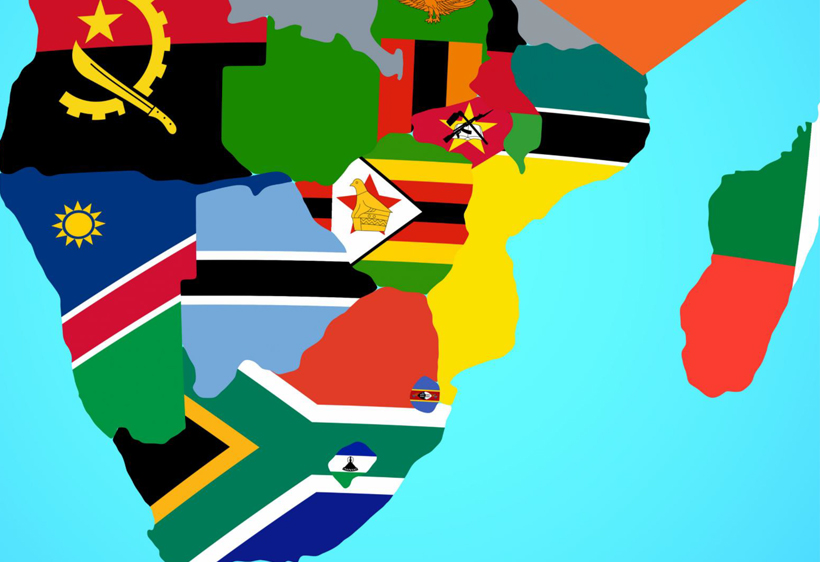This document presents the SADC Regional Integration Policy Processes Toolkit (RIPPT) produced by the Southern Africa Trust with support from the Germany Development Agency (GIZ) in partnership with the European Union. The Toolkit contributes towards providing knowledge that will enhance more meaningful and beneficial participation by SADC citizens in the Southern African Development Community (SADC) regional integration processes. The Toolkit will focus particular at the national and regional policy processes in the areas of trade, industrialisation and agriculture.
This toolkit is structured as follows:
- Section 2: Contextual Background to SADC presents a brief history of SADC and the rationale for why SADC as a community has focussed on agriculture, industrialisation, value addition and trade as its main potential growth paths to support its desire to achieve development and economic growth, alleviate poverty, enhance the standard and quality of life of the people of Southern Africa and support the socially disadvantaged through regional integration;
- Section 3: Definition of Selected Key Terms provides for a clearer understanding of some of the commonly used but oftentimes misunderstood terms in the SADC environment and in regional integration;
- Section 4: SADC Institutional Arrangements and Key Strategic Frameworks presents the roles and responsibilities of the various SADC institutions that are mandated to implement the SADC regional integration agenda;
- Section 5: SADC Strategic Guiding Frameworks outlines the objectives of the key SADC strategic frameworks which guide and drive the SADC regional integration agenda, and outlines the key priorities of SADC’s regional integration agenda in the areas of Trade, Industrialisation and Agriculture; and
- Section 6: Opportunities for Non-State Actors Engagement in SADC’s Regional Integration Processes outlines the ten step SADC Decision Making process and therefore areas through which SADC’s Non-State Actors (NSA) can contribute towards the attainment of SADC’s regional integration agenda.



